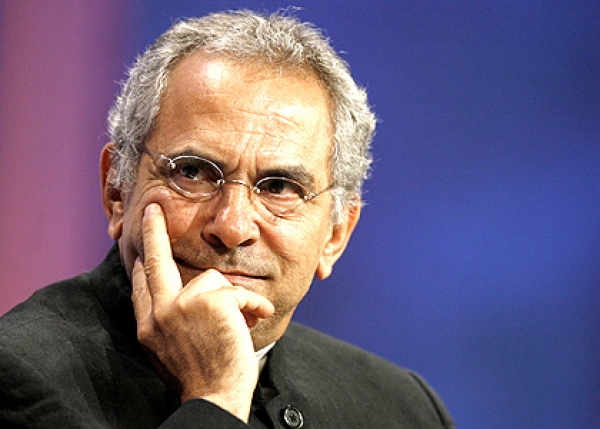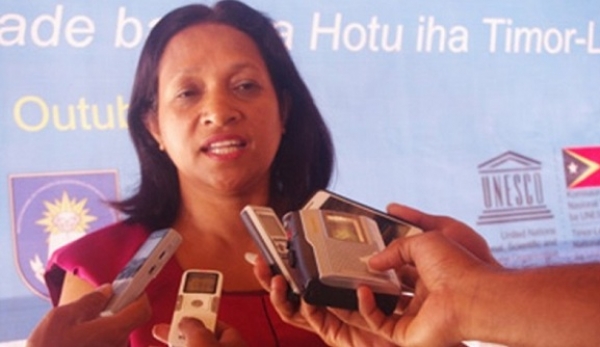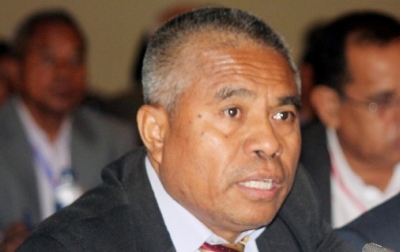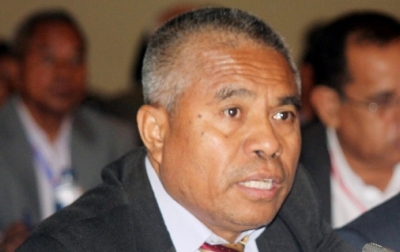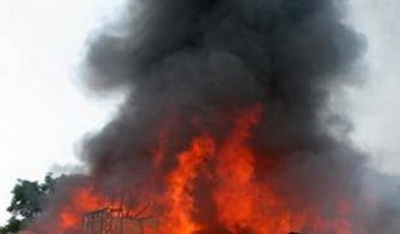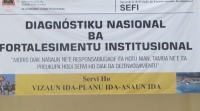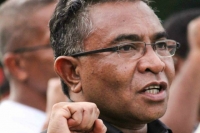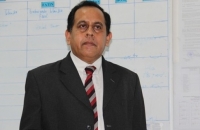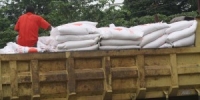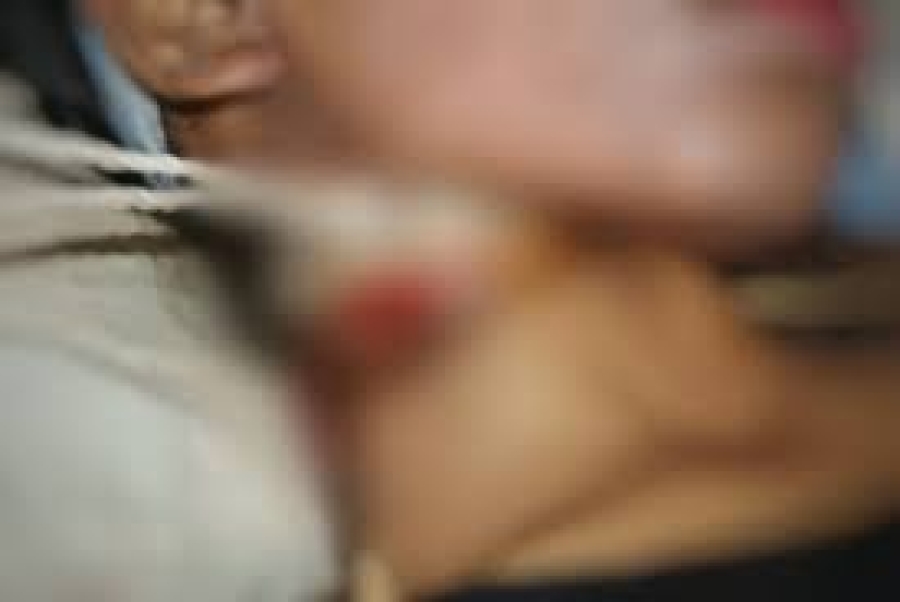Horta Warns of Quality Gap Among Timor-Leste’s Teachers
DILI - At Rainha da Paz school in Dili, students play in the shadow of a burnt-out building.
DILI: A new law to protect students from sexual harassment and support way victims are dealt with by police will be brought forward by the Ministry of Education.
DILI – Police and military officers will be going door to door searching for illegal weapons in a crackdown on gang violence targeting Dili.
DILI: The Government of Timor-Leste has confirmed a $14.5 million budget to cover parliamentary election scheduled for 22 July, Tomas Cabral the Director of National Election Commission said Tuesday.
DILI: Repair work has delayed the launch of Timor-Leste’s new multi-million dollar passenger ferry, Inácio Moreira, the Vice Minister of Public Works and Telecommunication, said Monday.
DILI: One house was burnt to the ground and 13 houses were damaged when youth clashed in Kampung Toti on Tuesday night, amid growing frustration over alleged police targeting.
DILI: Employees at government institutions are under performing and lack leadership, according to findings released from a countrywide employment assessment study conducted by Timor-Leste Diagnostic of Institution (SEFI).
DILI - Rui Maria de Araújo has urged the Court of Dili to not convict two journalists accused of “slanderous denunciation” to jail time, an unusual move as it’s the Prime Minister’s case that sparked the charge.
DILI: Secretariat of Technical Administration of Electoral (STAE) extend more the readjustment until 10 of June. The Process of readjustment of Electoral is begin from 10 of April to 10 of June.
DILI:The Timor-Leste government has stockpiled 6.5 tones of rice at warehouses in Tibar, in an attempt to offsetpredicted drought-induced food shortages and stabalisebasic food prices.
More...
New President Plans to Rebuild Timor-Leste
In Timor-Leste’s western enclave of Oecusse, change is coming fast.
DILI – It is said to be a disease affecting only the most disadvantaged people in the world.
Dili: The absence of Xanana Gusmão on the main podium during the presidential inauguration on Friday night has raised questions about the popular leader’s allegiance with out-going President Taur Matan Ruak.
DILI – Against the historic backdrop of Tasi-Tolu, Francisco ‘Lú-Olo’ Guterres, 62, was officially installed on Friday as the fourth president of Timor-Leste.




